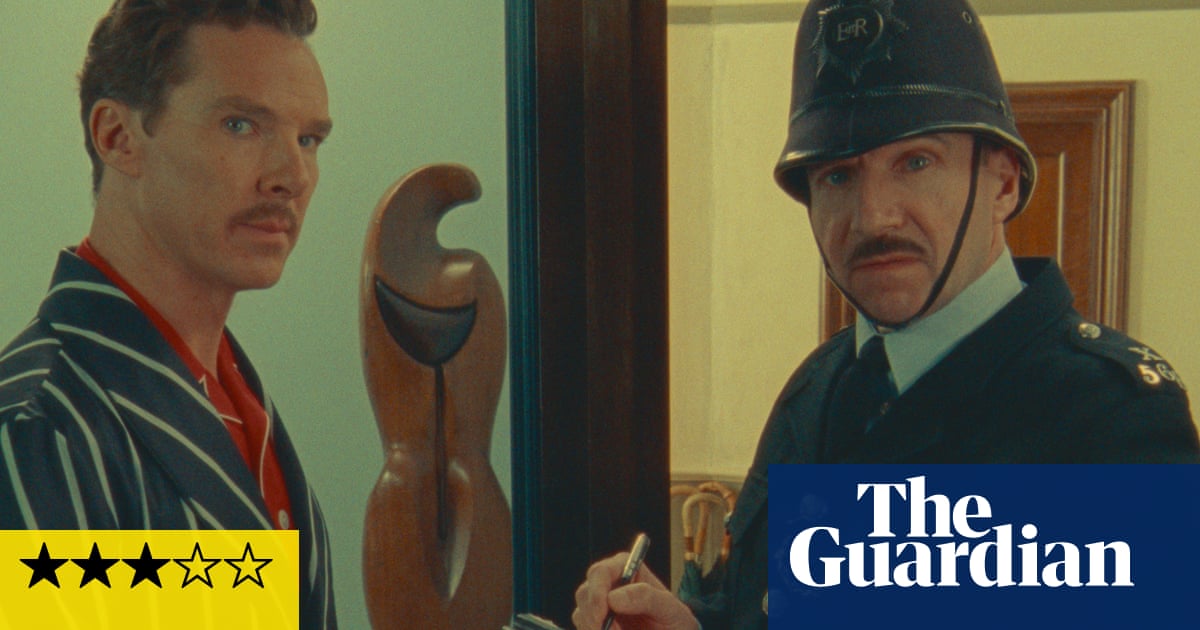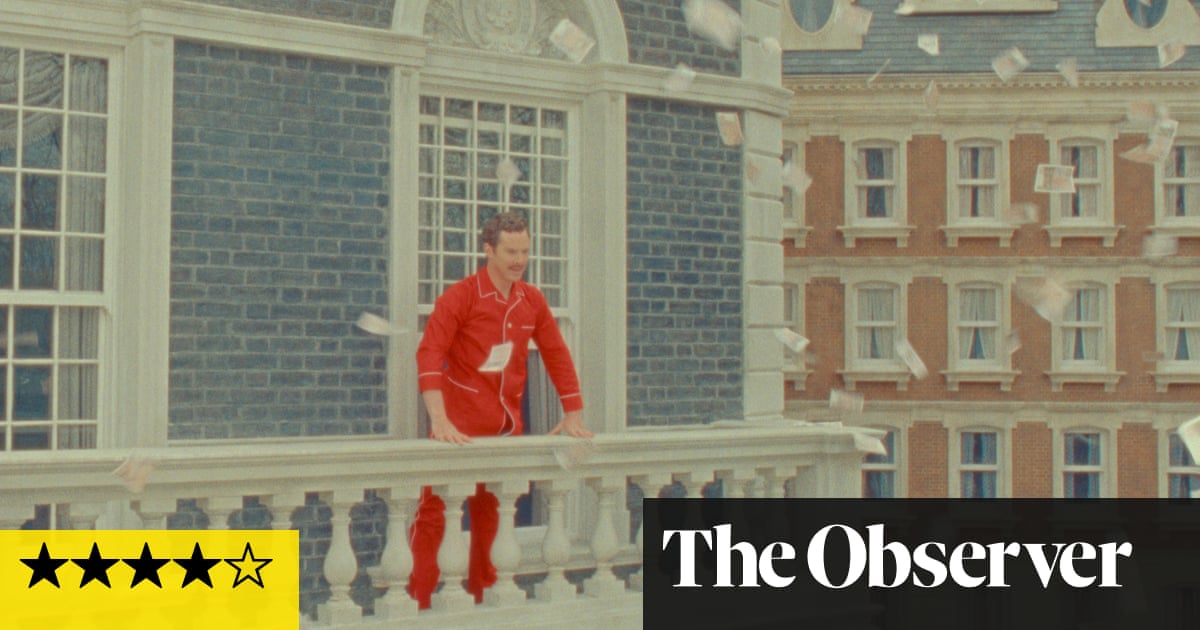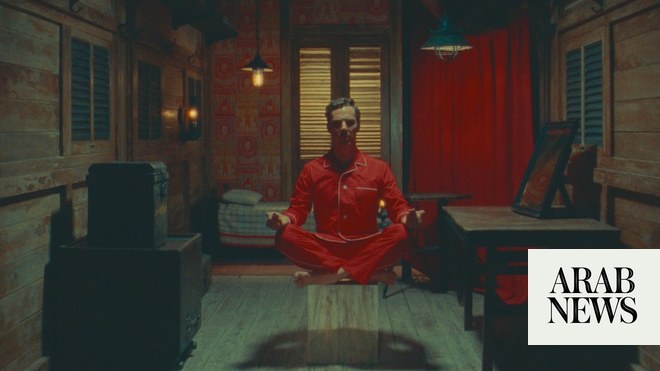
The sun-splashed Venice film festival provided an unlikely backdrop for the premiere of Wes Anderson’s The Wonderful Story of Henry Sugar, an enjoyable bedtime story of sorts, converted from the 1976 tale by Roald Dahl. The guests sheltered from the heat inside the main cinema while the director moseyed on stage with a diffident shrug. What followed was a cosy, wholesome, purely soothing affair. The only thing missing was a cup of warm cocoa.
“I hope that you like it. And if you don’t that’s OK, because it’s very short,” Anderson explained by way of introduction, setting the scene for a droll 40-minute featurette that will duly be heading over to Netflix within the space of a month. The Wonderful Story of Henry Sugar marks the director’s second adaptation of Dahl, after his animated take on Fantastic Mr Fox, and recounts the fortunes of a wealthy gambler (played by Benedict Cumberbatch) who masters the ability to read the reverse sides of playing cards. Armed with this superpower, Sugar sets out to fleece his favourite London casino … only to awake the next morning feeling more morally bankrupt than ever.
Close your eyes and imagine a Wes Anderson movie. The odds are that it looks very much like this one: beautifully composed and tailored to within an inch of its life. For better or worse, the director has a house style. For better or worse, he now seems chained to it. In Anderson’s best work (Rushmore, say, or The Royal Tenenbaums), the painstaking design gives the impression of somehow being authored by his protagonists. It’s almost as if the carefully arranged frames are the characters’ immaculate conceptions: an attempt at self-actualisation, or a fireguard against their vulnerabilities. In his lesser work, though, the technique is too much. It sucks oxygen from the films and reduces the people to waxworks. One longs to break open a window and allow in some fresh air.
The Wonderful Story of Henry Sugar, to its credit, makes a bonus of its artifice. Leaning into his role as Dahl’s translator, seemingly showing his workings every chance that he has, Anderson proceeds to spin a story within a story, deftly augmenting the conceit with sliding stage-sets and frequent nods to the audience.
The tale starts out being narrated by Dahl (ably impersonated by Ralph Fiennes) in his writing shed. From there the baton is passed to Dr ZZ Chatterjee (Dev Patel) in Calcutta, then to Imdad Khan (Ben Kingsley), the self-styled “Man Who Could Read Without His Eyes” – and finally back to feckless Henry Sugar in his London townhouse. These people tell the story while simultaneously performing their roles, turning from the action to address the camera with such gusto that they surely risk whiplash – but the effect is amusing and invites us in on the joke. At one point Anderson even relaxes enough to poke fun at his own control-freak reputation. He has a stagehand materialise mid-scene in order to move Kingsley from one side of the shot to the other.
“This will change my life!” exclaims vain, pointless Sugar upon gaining his all-seeing magic power – and so it does, except not quite in the way that he initially thought it might. The Wonderful Story of Henry Sugar was widely regarded as one of Dahl’s gentler, happier short stories – insofar as it didn’t feature a serial killer landlady or an infant Adolf Hitler. It spun a reassuring yarn of redemption and saluted a bad man who made good. Anderson’s short, sweet, neatly managed production follows the original tale pretty much to the letter.
The Wonderful Story of Henry Sugar screened at the Venice film festival and is released on 27 September on Netflix.












